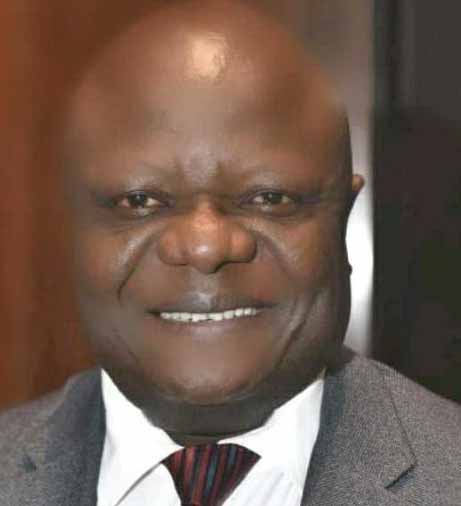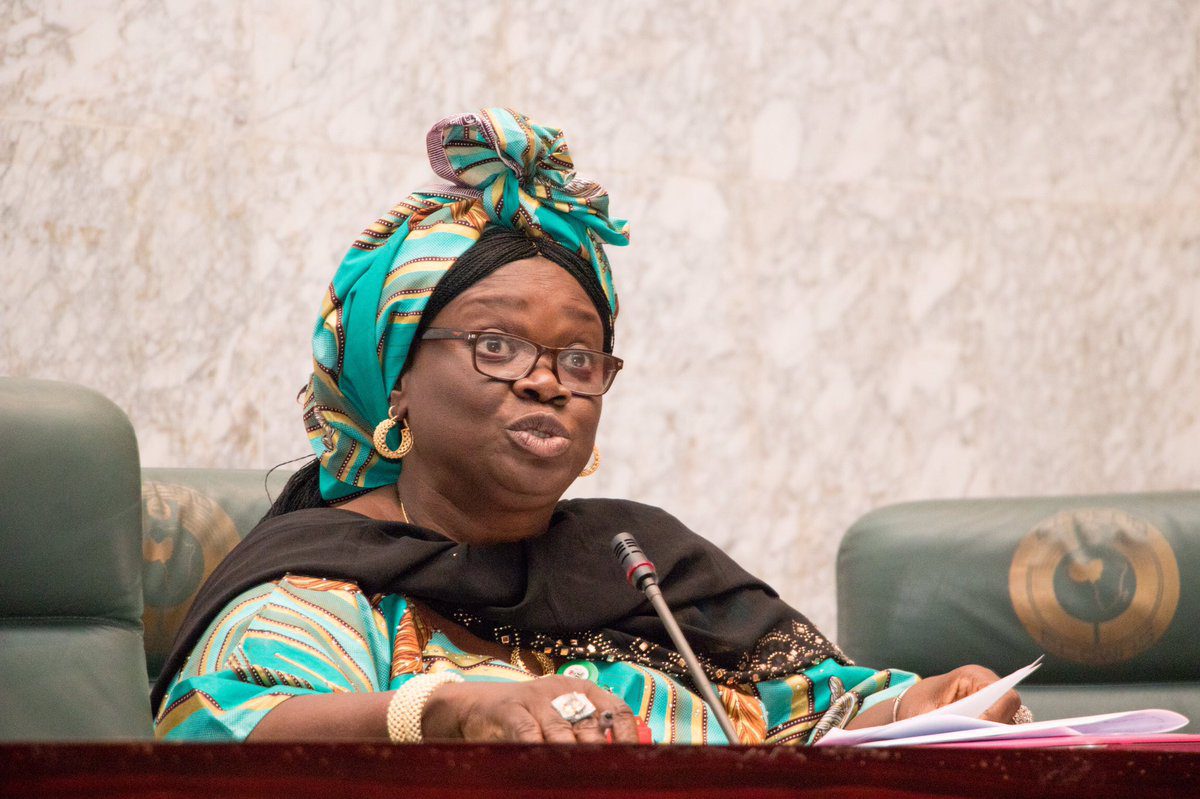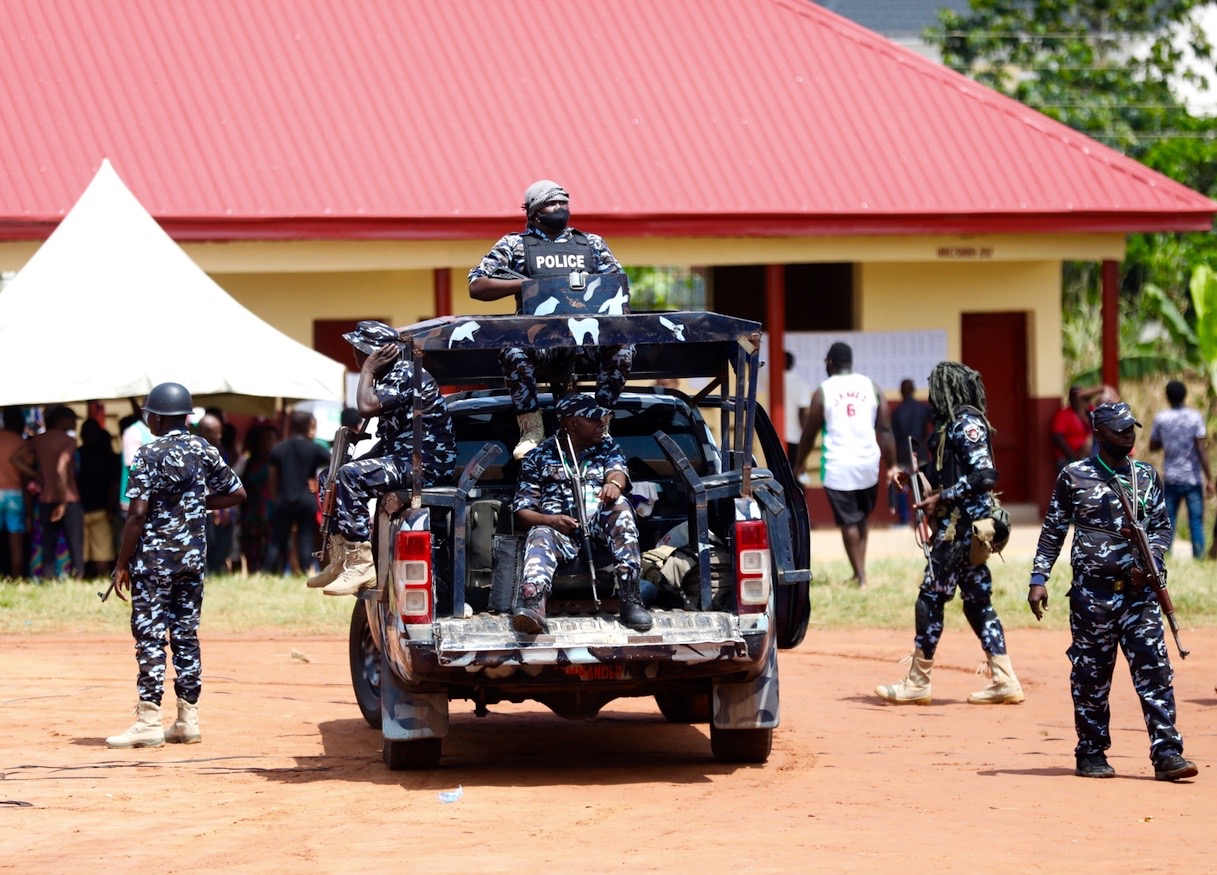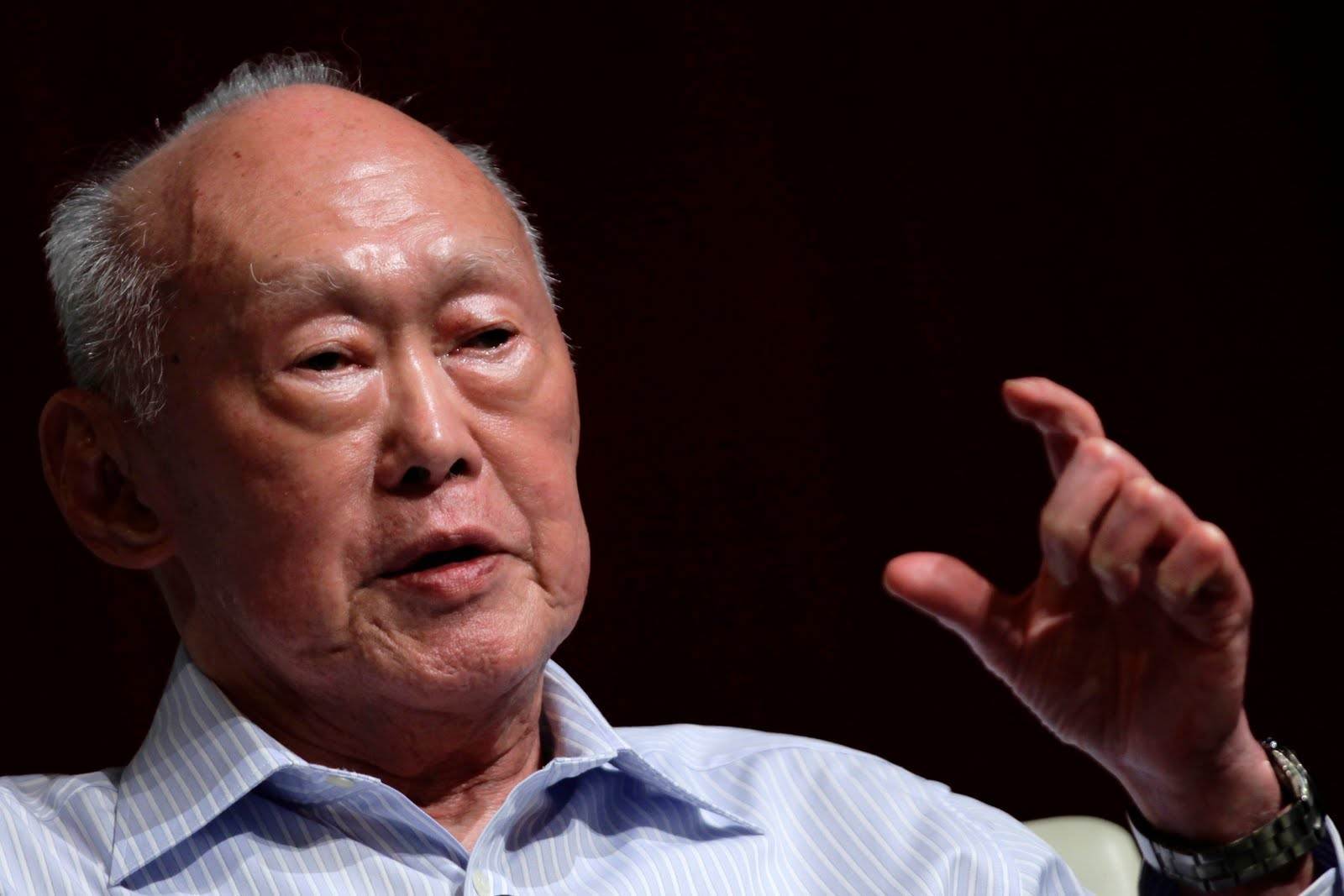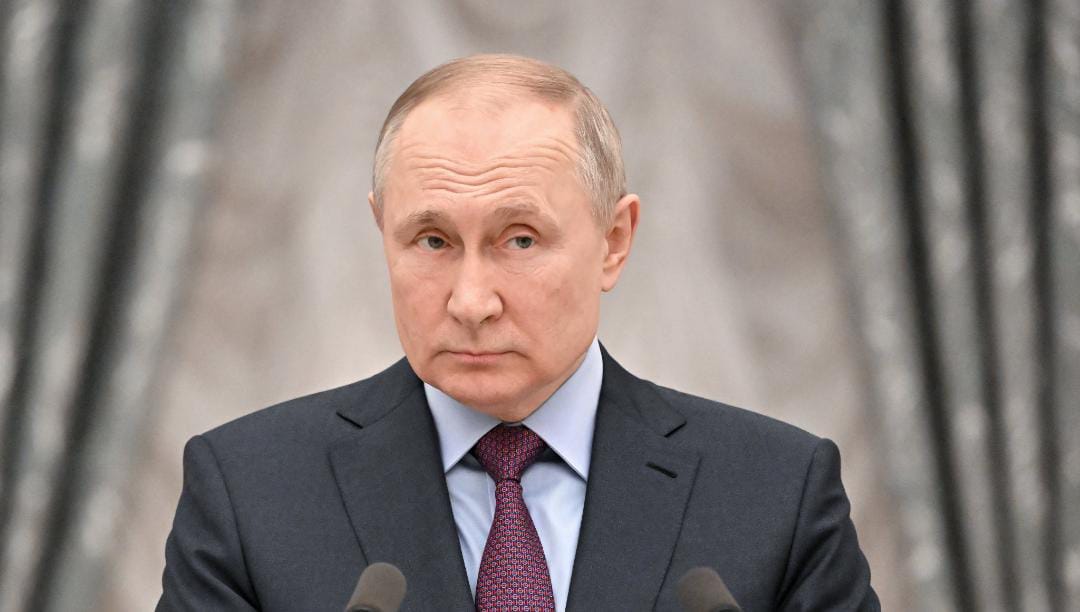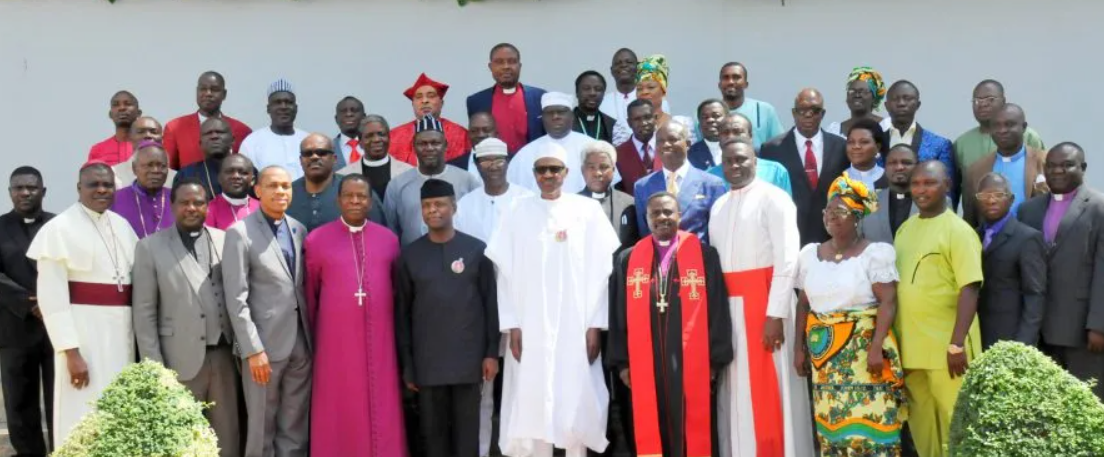The death of a colleague often beats us to bits. It is regularly rude to imaginations, causing us to suspend thoughts about the next agenda and reminding folks of the nothingness in being and becoming. Death is discourteous, an unavoidable show stopper, and a bad bus stop for man’s travels. It comes at its time, unmindful of your schedules, disrespectful of your place, pace, race, status, and stage. It just comes when it will, leaving onlookers to wonder and wonder and weakening them, getting them sobering, emotional or teary.
An unkind reminder of man’s liminality, the death of a colleague often exposes our nakedness, as you are reminded, that your turn will fall due at some point; that it could as well be you, and that the dead is just ahead. Emptiness therefore dawns, and you feel uncovered, reduced, banged, bothered and battered, and forced to remember the force over you. The force; the omnipotent becomes the shoulder to lean on when the experience of death descends.
It seems the fact with most humans, as it was when Raheemat Omoro Momodu, distinguished Chevening scholar, University of Sussex graduate, journalist, woman activist, diplomat, polemicist and thinker, who died Tuesday, June 14, 2022. There were students before me in my office on campus when a colleague called, “Have you heard what happened to Raheemat?” he queried, “No”, I responded in shock attracting the attention of my students. “I understand he was rushed to the hospital and the information reaching me is that she did not make it. Let me check further. I will call you back”. The colleague, Mr Sunny Ugo, an executive of the Economic Community of West African States (ECOWAS) indeed called me back and confirmed the hint.
Disbelief, astonishment, and momentary confusion reigned. This was a lady that was active on the Chevening scholars’ platform, as she always would. A brilliant debater, she had emerged on the Chevening scholars WhatsApp platform, The Guardian Abuja platform and the Development Discourse for Scholars WhatsApp platform as one of the most participatory, deep and penetrating in thoughts. Unafraid of fires, she was at once civil, often deflecting brash exchanges by focusing on issues as against descending to personality attacks.
Advertisement
Raheemat and I were once active journalists. And we practiced in Lagos, in the 90s and then Abuja. We, however, never met on the field. Our path crossed in Abuja only as members of the Chevening Alumni Association of Nigeria (CAAN). Our engagement began, in the online space of WhatsApp, before physical meetings at different fora. In virtual interactions, I differentiated her as bold and convinced. She identified me in public and private chats as a “wordsmith” and sustained this until death stopped her. Always feeling flattered by this, I was honoured to have her as a fan.
She was versed, with her mastery of national and global affairs, and a specialisation in West African and continental African affairs. She picked on economic matters with ease, in addition, while delving into politics with relish. She was at home with cultural matters, just as she was with religious affairs. On that last one, she displays her identity as a devout Muslim, protecting her faith, faced with misunderstanding from others. In doing this, she was combative, confrontational, or aggressive.
She will come with examples of how she was being tolerant of others in the past from Lagos to Abuja, and how others should also be tolerant. Her explanations were exhaustive, in what could wear out the party in exchange with her logic, flow, and depth. Once, she was called out by a senior colleague, piqued by a post on a certain judicial matter. Raheemat was circumspect in her response. For her epistemic pedigree, however, it did not take time before other participants rose in her support. Her victory was obvious, even without letting down the respected senior colleague. The platform was the better for it, emerging as a consistent domain for rigorous processing of notions.
Raheemat was respectable and engaging.
Advertisement
For her, a lot of us stepped into the expansive Abuja National Mosque for the first time. For a moment, our common humanity bonded us, forgetting our religion, our ethnicities and all that. We waited for the last rites. We were calm, sober, disturbed as one more fall of man, a man with grace, grandeur and grit. And her body emerged, wrapped atop a wooden metal, with some two pieces of clothes. That was Raheemat. She was dead to the world. She was gone. That is it. Annoying! Stupid!
And then the prayers began. We queued behind our Muslim brothers and were again reminded of our common mortality, the commonality in our being, and the essences of our humanity. Our differences faded. We were all together, integrated in pain, bonded by our loss. We were cohesive for Raheemat. “Amin”, we all said at the end of the prayers, before the journey to the burial ground where her remains were lowered. It was all over, just like that. It’s the debt all mortals will pay, only that payment schedules differ. Raheemat just paid hers, faster than us behind. We wished it was not as quick, though, only at age 58, when she was still vibrant and contributory. But does death care about our wishes? Mttchew!!! Anyway, God knows best.
Born in 1964, Hajiya Raheemat Momodu’s biography on her memorial website partly reads: “she was the Head of Division, Human Security and Civil Society, ECOWAS Commission at the time of her death. She was the pioneer ECOWAS Representative of the African Union (2008-2018) representing ECOWAS to all Diplomatic Missions and Multilateral Institutions in Addis Ababa, Ethiopia. She had vast and diverse working experience; in the United Nations Population Fund (UNFPA), European Union Delegation to Nigeria (EU), Friedrich Ebert Foundation (FEF) and USAID/Office of Transition Initiatives. She also had a rich career in journalism and left the sector as a Group Assistant Political Editor of the defunct Concord Newspapers in Nigeria.
“Hajiya Momodu had three Masters’ degrees; in Managing Peace and Security in Africa (IPSS-Addis Ababa University-Ethiopia), Gender and Development (IDS, University of Sussex-UK) and Geography and Planning with a specialization in Cartography and Remote Sensing (University of Lagos-Nigeria) and was studying for a PhD in Peace and Conflict Studies. She was a Chevening Scholar, an alumna of the United States Department of State’s International Visitors Leadership Programme on Human Rights Advocacy (2004) and received both the Federal Government of Nigeria Postgraduate Scholarship (1988/89) and the University of Lagos Postgraduate Scholarship (1988/89)”.
Advertisement
A Chevening scholar colleague, Idris Bawa wrote on her death “We cannot question Allah for calling you; one thing is for sure, you will be missed, by those of us who look forward to reading your contributions whenever issues of national interest are being discussed. May Allah forgive you all your shortcomings and grant you Al-Jannah. May Allah comfort every member of the family. Our Chevening family will miss you. Rest on my dear Sister,” Indeed. Goodnight, Hajo. God rest your soul.
Adeniyi, a Chevening scholar like Raheemat, teaches mass communication at Baze University, Abuja
Views expressed by contributors are strictly personal and not of TheCable.
Add a comment
